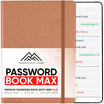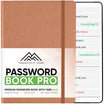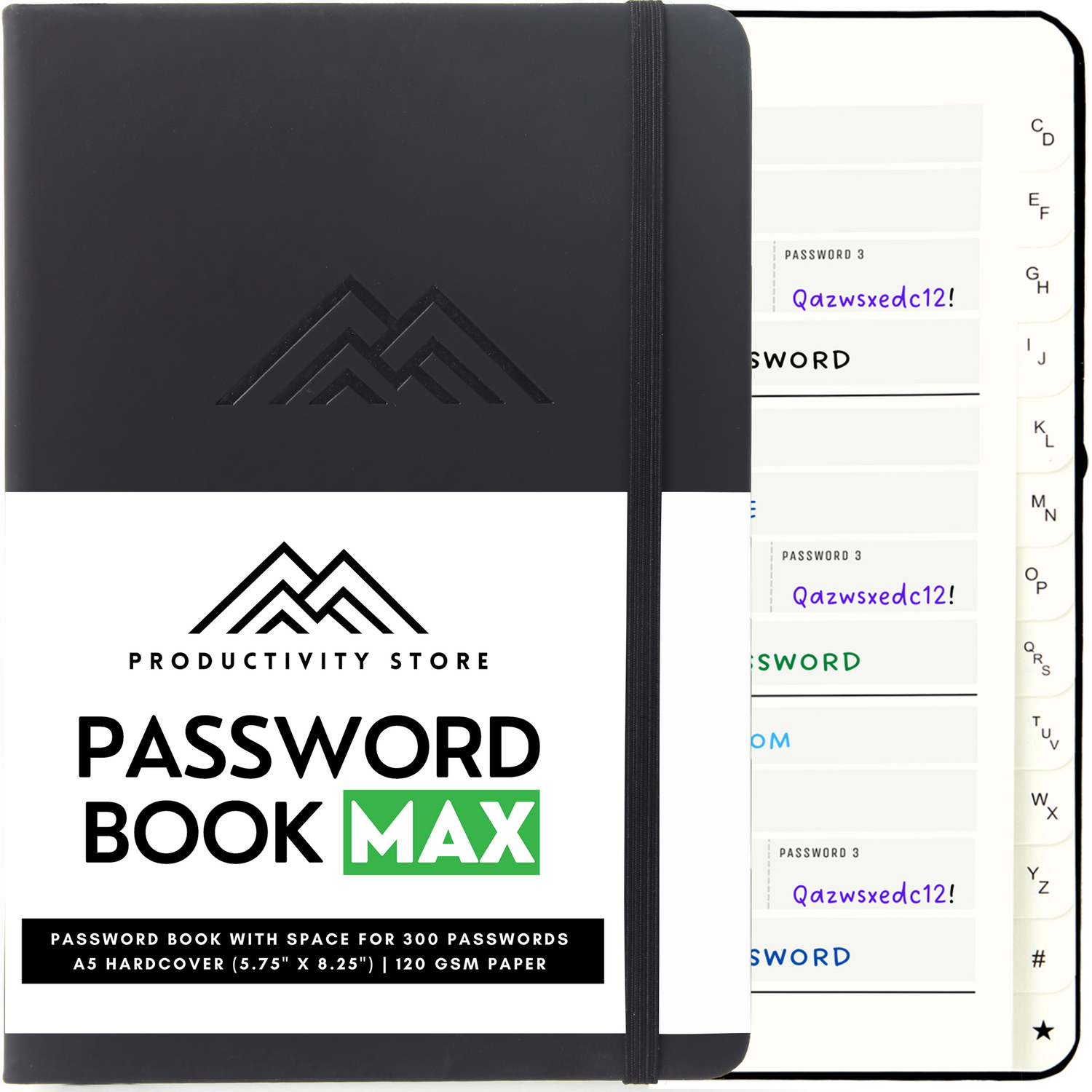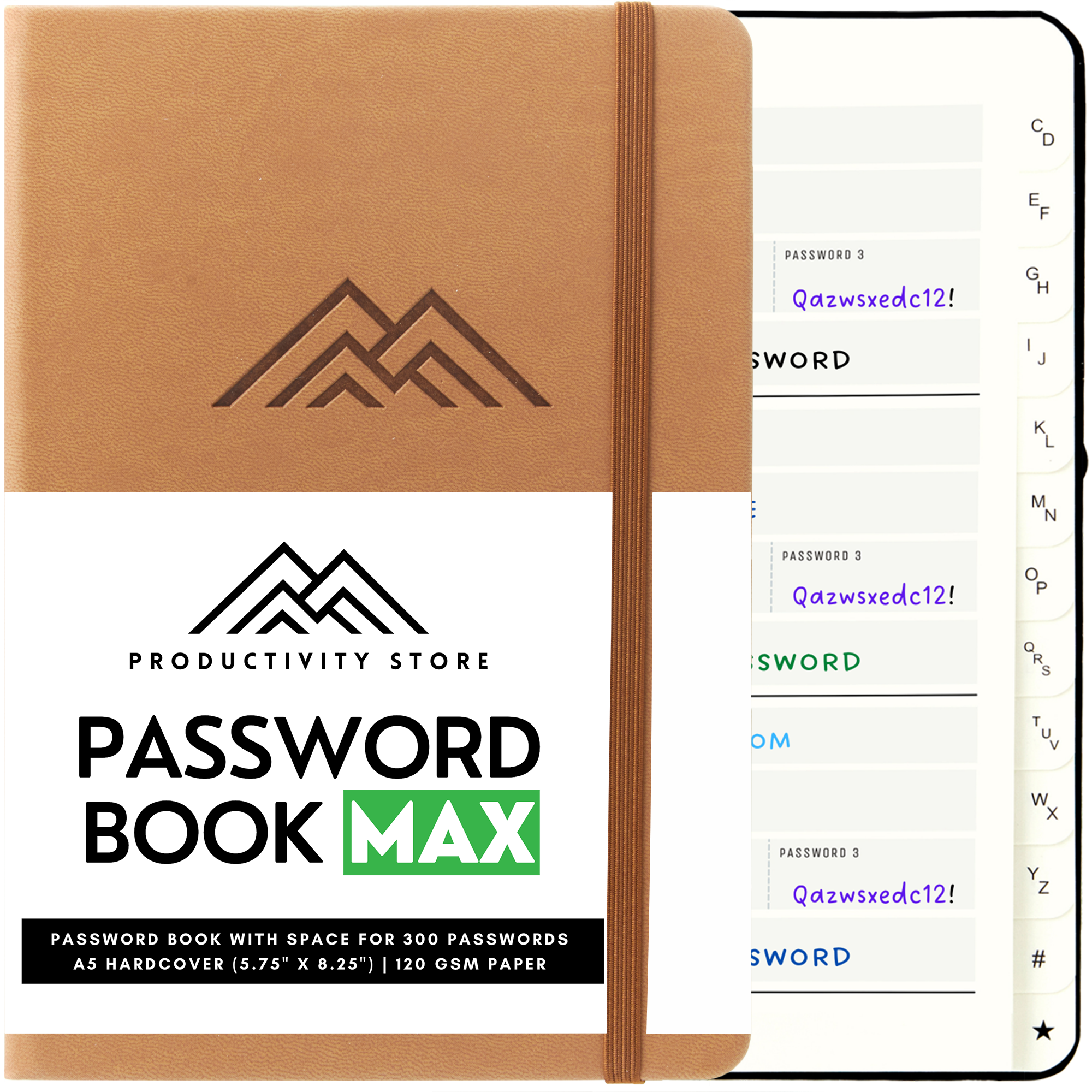As the adoption of password books grows, we often encounter several concerns about their use. Addressing these concerns is critical to making an informed decision about incorporating a password book into your security strategy.
- Risk of Physical Loss: While it's true that a password book could be physically lost, careful handling and secure storage can mitigate this risk. Treating your password book with the same care as your passport or driving license can ensure its safekeeping.
- Inconvenience of Use: Many perceive the use of a physical book for recording passwords as inconvenient. However, the inconvenience is significantly overshadowed by the security benefits it offers. The initial effort in setting up the password book pays off in the long run by providing an easy reference point for all passwords.
- Obsolete in Digital World: Some argue that password books are obsolete in today's digital world. On the contrary, as digital threats increase, the offline nature of password books makes them an essential tool in our digital defense arsenal.
Choosing Passwords for Your Password Book
The strength of your passwords is an important factor in your overall security strategy. When choosing passwords for your password book, consider these guidelines:
- Length: Aim for a minimum of 12 characters. The longer the password, the harder it is to crack.
- Complexity: Mix numbers, symbols, uppercase, and lowercase letters to create a strong password.
- Unpredictability: Avoid using personal information or common words. Be random and unpredictable.
How a Password Book Complements Digital Password Managers
While a password book offers significant advantages, we don't propose it as a replacement for digital password managers. Instead, it should complement them. Here's how:
- Offline Backup: In the event of a digital crash or cyberattack, an offline password book serves as a reliable backup.
- Physical Access Control: A password book offers physical control over who can access your passwords, providing a level of certainty that digital tools can't match.
- Ease of Use: For some, writing down passwords in a book can be simpler and more comfortable than using digital tools.
Conclusion
Password books offer numerous advantages, from offline security to easy access control. While there are valid concerns about their use, these can be addressed with proper handling and care. A password book, paired with robust digital security measures, can significantly bolster your password protection strategy.























Leave a comment
All comments are moderated before being published.
This site is protected by hCaptcha and the hCaptcha Privacy Policy and Terms of Service apply.